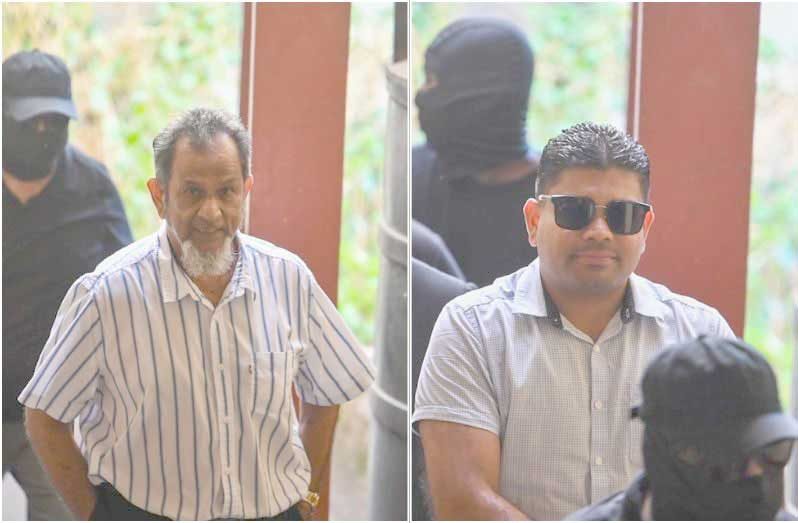— Attorney General cites international practice, previous cases
ATTORNEY GENERAL and Minister of Legal Affairs, Anil Nandlall, SC, has defended the Government of Guyana’s decision to fund the legal fees of foreign attorneys-at-law representing the State in the ongoing extradition proceedings against prominent gold dealers, Nazar and Azruddin Mohamed.
Explaining the rationale, Nandlall clarified that extradition cases are guided by international law, particularly the principles of comity and reciprocity, which dictate how states co-operate in such matters.
He noted that in this case, the request for extradition originated from the United States government, and therefore, the prosecution team in Guyana is acting on behalf of the United States government.
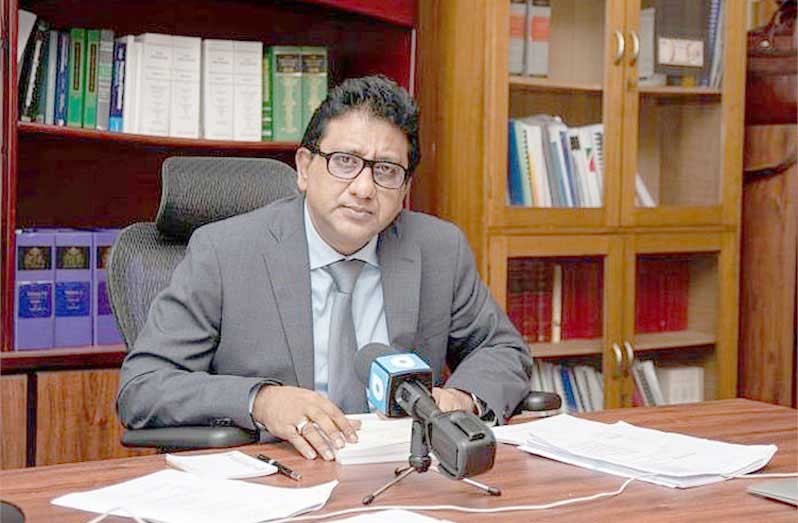
“In extradition proceedings, the request comes from a foreign state — in this case, the United States government. The lawyers who are prosecuting this request are representing the interest of the United States government. Under international extradition law and practice, the country to whom the request is made discharges the obligation of providing legal representation, obviously with the approval of the U.S. authorities,” Nandlall explained on Monday.
The Attorney General emphasised that the Government of Guyana agreed to bear the cost of the legal team as part of its obligations under these international arrangements.
He added that in order to avoid any perception of political interference, lawyers from outside Guyana were engaged, a decision made with the approval of U.S. authorities.
“To insulate the process from allegations of political interference, lawyers from outside of Guyana were brought in with the approval of the U.S. government. And yes, the Government of Guyana has to pay for that. Anybody can challenge me — call around the Caribbean or anywhere else — and find out if that is not the usual practice,” Nandlall asserted.
Citing regional examples, Nandlall pointed to similar practices in Trinidad and Tobago, where British King’s Counsel are often retained to prosecute extradition and other high-profile cases, with the costs borne by the State. “That happens all across the globe,” he stated.
To illustrate the principle of reciprocity in action, Nandlall pointed to the extradition of Marcus Bisram from the United States to Guyana, where he faced a murder charge.
“Guyana requested Bisram from the United States to stand trial for murder in Guyana. The U.S. government provided legal services, paid for those services, and then sent Bisram back here. That is the reciprocal responsibility and arrangement. That’s what reciprocity means — you do for me, and I do for you,” Nandlall explained.
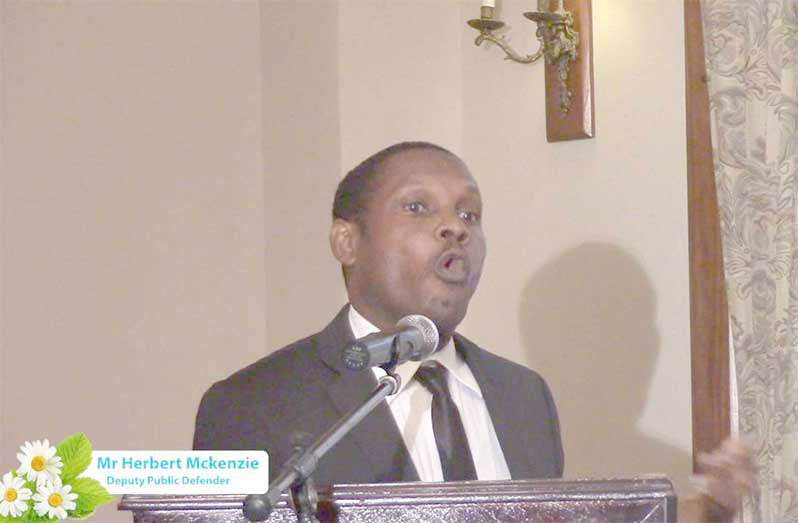
He rejected claims that Portugal-based Guyanese attorney Glenn Hanoman was included on the U.S.’s legal team due to alleged ties with the People’s Progressive Party/Civic (PPP/C).
The Attorney General also refuted the Mohameds’ claims of political persecution, contending that they have launched a “disinformation campaign” in an attempt to oppose the extradition request.
Supporting documents from the Ministry of Home Affairs confirm that the Government approved payment of US$62,558.78 to Jamaican King’s Counsel Terrence Williams for his role in the case of The Guyana Police Force vs. Nazar Mohamed and Azruddin Mohamed for the month of October 2025.
According to a memorandum from the Ministry’s Finance Officer to the Permanent Secretary, the Guyana Police Force had consulted with the Attorney General’s Chambers, which advised the Force to retain a team of experienced attorneys to handle the extradition matter.
Following this consultation, Williams, along with Jamaican attorneys Herbert McKenzie and Celine Deidrick, were engaged to represent the State.
The document, bearing the approval stamp and signature of Permanent Secretary Andre Ally, stated that payment would be made via wire transfer through the Bank of Guyana to Williams’ account. It also noted that the selected attorneys had extensive experience handling similar extradition matters across the region.
The U.S. Department of State’s Foreign Affairs Manual (7 FAM 1618) clearly establishes that “most extradition treaties require the costs of extradition proceedings (other than translation of documents and costs associated with the transfer of the fugitive) to be borne by the requested country.”
In the ongoing case, Guyana is the ‘requested state,’ and the United States is the ‘requesting state.’
As the requested state, Guyana is legally responsible for the costs associated with the local court proceedings, a position consistent with international law and the United Kingdom–United States Extradition Treaty, which Guyana inherited upon independence in 1966.
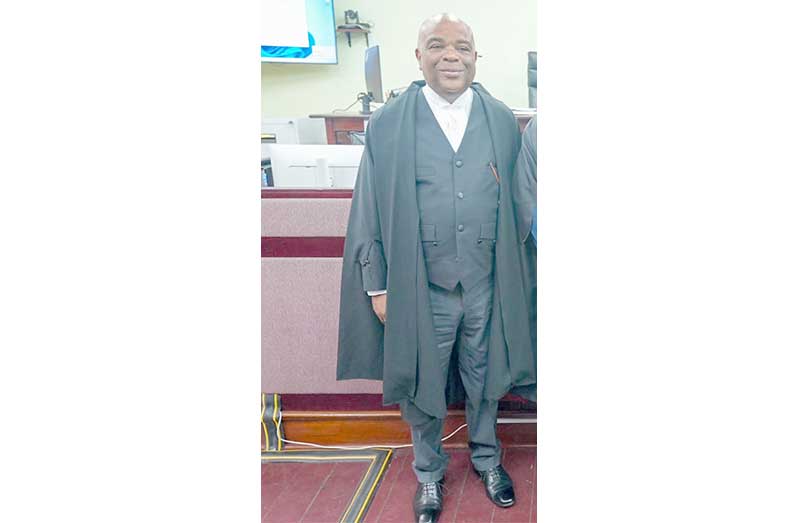
On the morning of October 31, both father and son were taken into custody in Georgetown in connection with the extradition request from the U.S.
During their initial court appearance before Principal Magistrate Judy Latchman on October 31, the men were each granted bail in the sum of $150,000.
Conditions of their bail required them to surrender their passports and report weekly to the Ruimveldt Police Station, measures intended to ensure their availability for ongoing legal proceedings.
When the case was called again on Monday, the prosecution disclosed key documents such as a diplomatic note, authenticated declarations from the U.S. Secretary of State, and executed warrants of arrest for both men.
The proceedings have been adjourned to November 24, when the matter will be called for report and further disclosure, as the court moves toward deciding whether sufficient grounds exist to proceed with extradition.
The father and son have been hit with an 11-count indictment in the U.S. Florida Southern District Court. The pair face 10 counts jointly, while Azruddin is charged with an additional count related to the importation of a 2020 Lamborghini Roadster SVJ into Guyana.
Court documents allege that Azruddin and his father conspired to commit wire fraud, mail fraud, money laundering, conspiracy, aiding and abetting and customs-related violations connected to an alleged US$50 million gold export and tax evasion scheme.
The indictment was issued by a grand jury in October.
According to the filings, Nazar owns 90 per cent of Mohamed’s Enterprise, with Azruddin holding the remaining 10 per cent. The two face a maximum sentence of 20 years in prison for the most serious charge.
In June 2024, the U.S. Treasury Department’s Office of Foreign Assets Control (OFAC) sanctioned Nazar and Azruddin for engaging in gold smuggling and public corruption, including the alleged defrauding of the Guyanese government of over US$50 million in unpaid duty taxes.
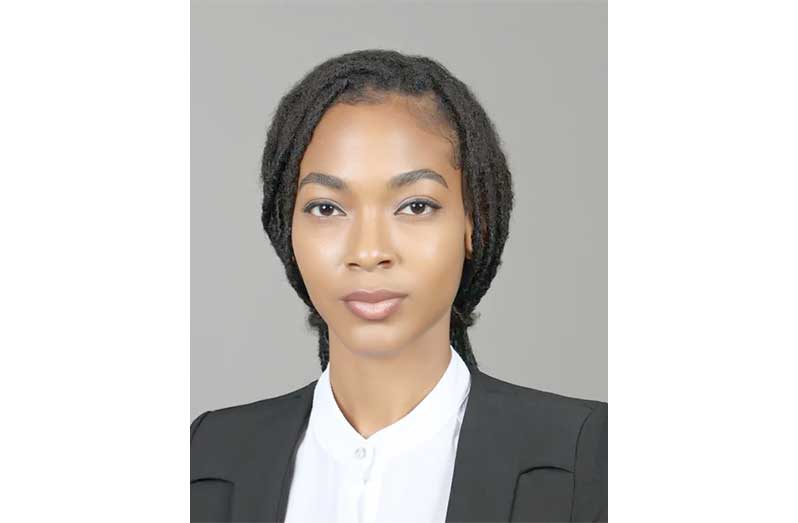
Mae Thomas, the former Permanent Secretary at the Ministry of Home Affairs and Ministry of Labour, was also sanctioned for allegedly accepting bribes in exchange for facilitating the awarding of government contracts to the Mohameds.
U.S. authorities are believed to have launched their investigation into the Mohameds in the mid-2010s, supported by intelligence sharing and law enforcement co-operation between Guyana and the United States that dates back to around 2016–2017.
The probe involved several U.S. agencies, including the Drug Enforcement Administration (DEA), the Federal Bureau of Investigation (FBI), and the Department of Homeland Security (DHS).
Azruddin is also the leader of We Invest in Nationhood (WIN) political party and a member of parliament.




.jpg)





